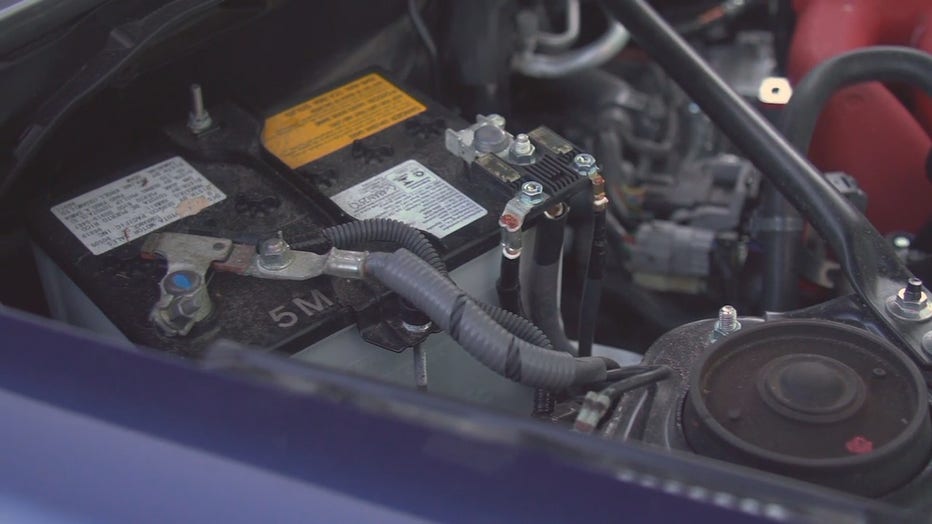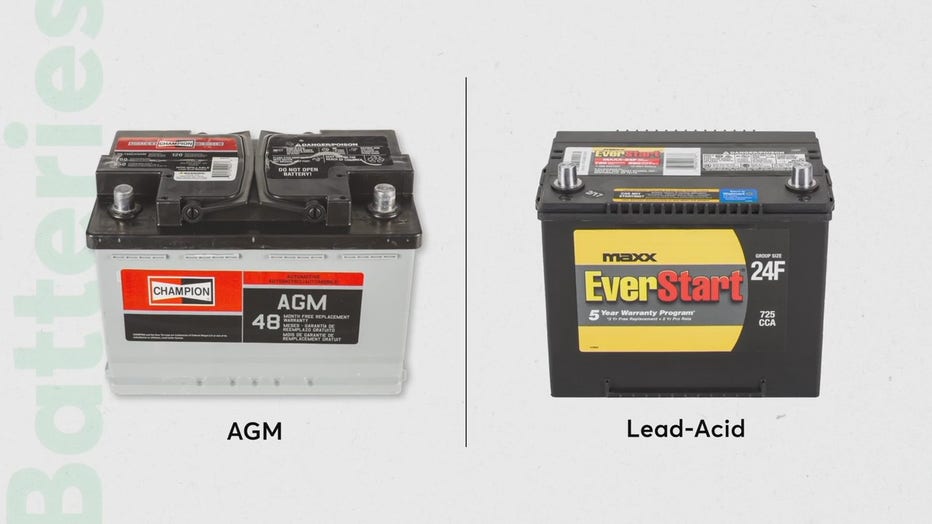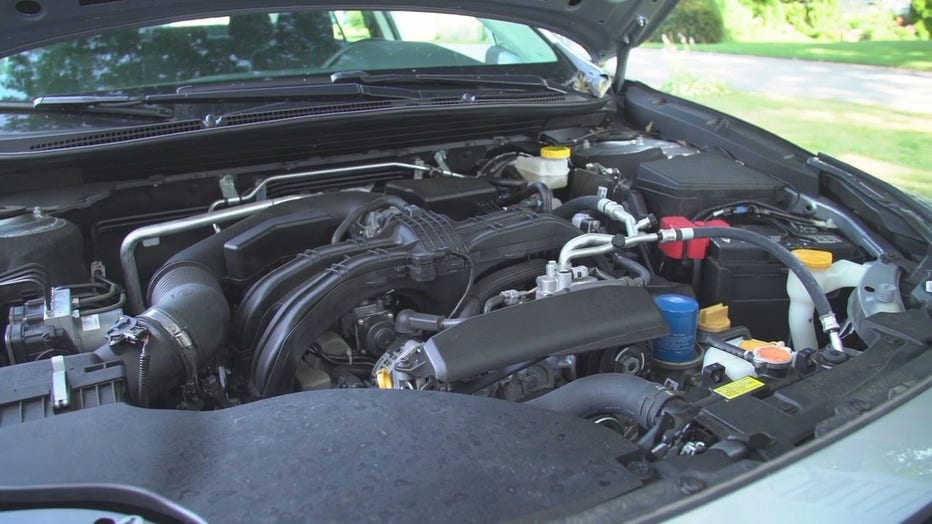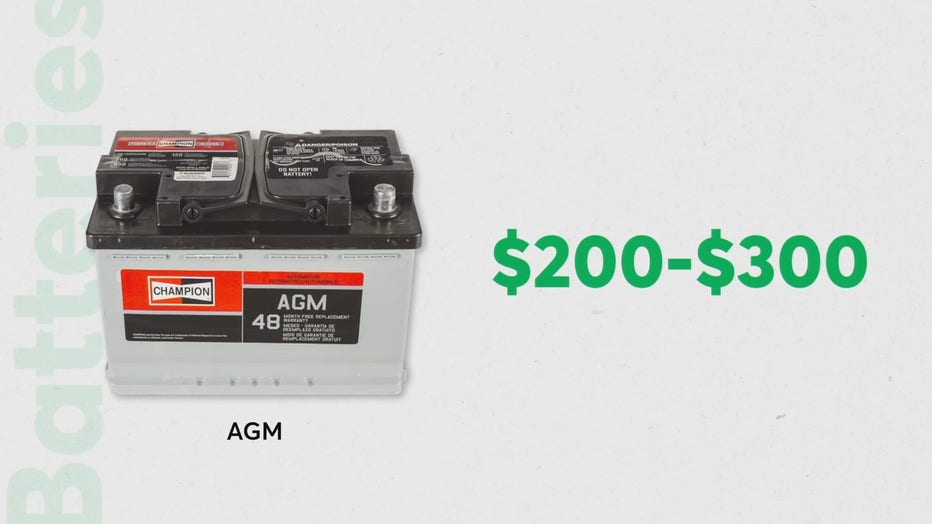Why new car batteries cost so much
MILWAUKEE - If you’ve had to replace a car battery in the past few years, you’ve probably noticed that they’ve become more expensive.
In fact, battery prices have been rising over the past decade.
Consumer Reports investigates reasons for the price hike and suggests some ways to save.

You probably grew up with a battery such as a lead-acid, or "flooded," battery.
But many new cars now come with absorbed glass mat (AGM) batteries.
Some lead-acid batteries have been enhanced with advanced materials and design, but the other type, AGM batteries, use a glass mat separator to allow an electrolyte solution to move between the thin battery plates.

It makes them well-suited to repeated draining and recharging.
Why are carmakers using these new and more expensive batteries?

Today’s high-tech cars need more electrical power.
As vehicle technology evolves, cars need more and more electric power to operate features such as today’s stop/start technology, safety and convenience features, and all the additional power outlets that charge our devices.
Not surprisingly, these enhanced batteries also come with an enhanced price tag.
AGM batteries can cost between $200 and $300, twice as much as traditional lead-acid batteries, so you want to make sure you’re buying one that will last.

CR puts the batteries through a, well, battery of tests, simulating a vehicle starting thousands of times, in mild weather and in cold temperatures.
And remember, Consumer Reports says, you don’t have to buy a battery at a car dealership or specialty shop.
Buying from a big box store can save you money, and often auto parts stores will even install it for you.
And it isn’t necessary to buy the most expensive replacement battery.
CR tests show that some lead-acid batteries perform almost as well as AGMs but cost far less.
CR also says that you should replace the battery in your car with the same size and type, but you can upgrade from a traditional battery to an AGM model.

All Consumer Reports material Copyright 2021 Consumer Reports, Inc. ALL RIGHTS RESERVED. Consumer Reports is a not-for-profit organization which accepts no advertising. It has no commercial relationship with any advertiser or sponsor on this site. Fo

